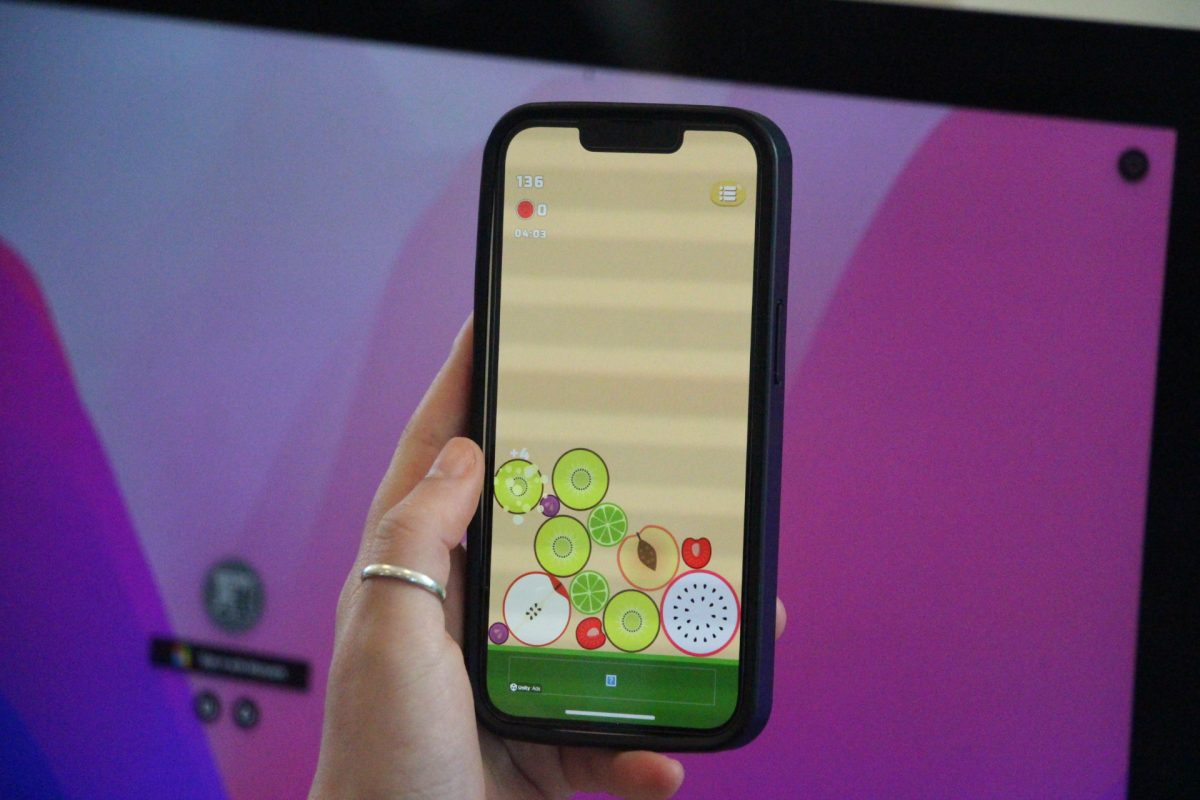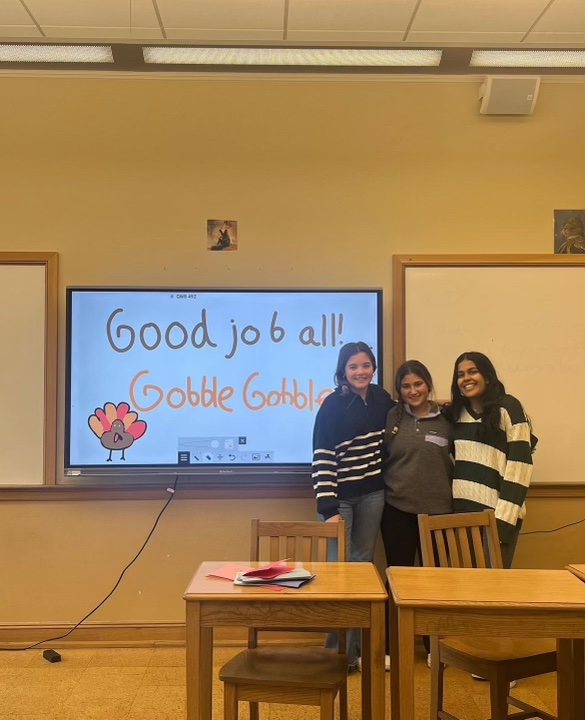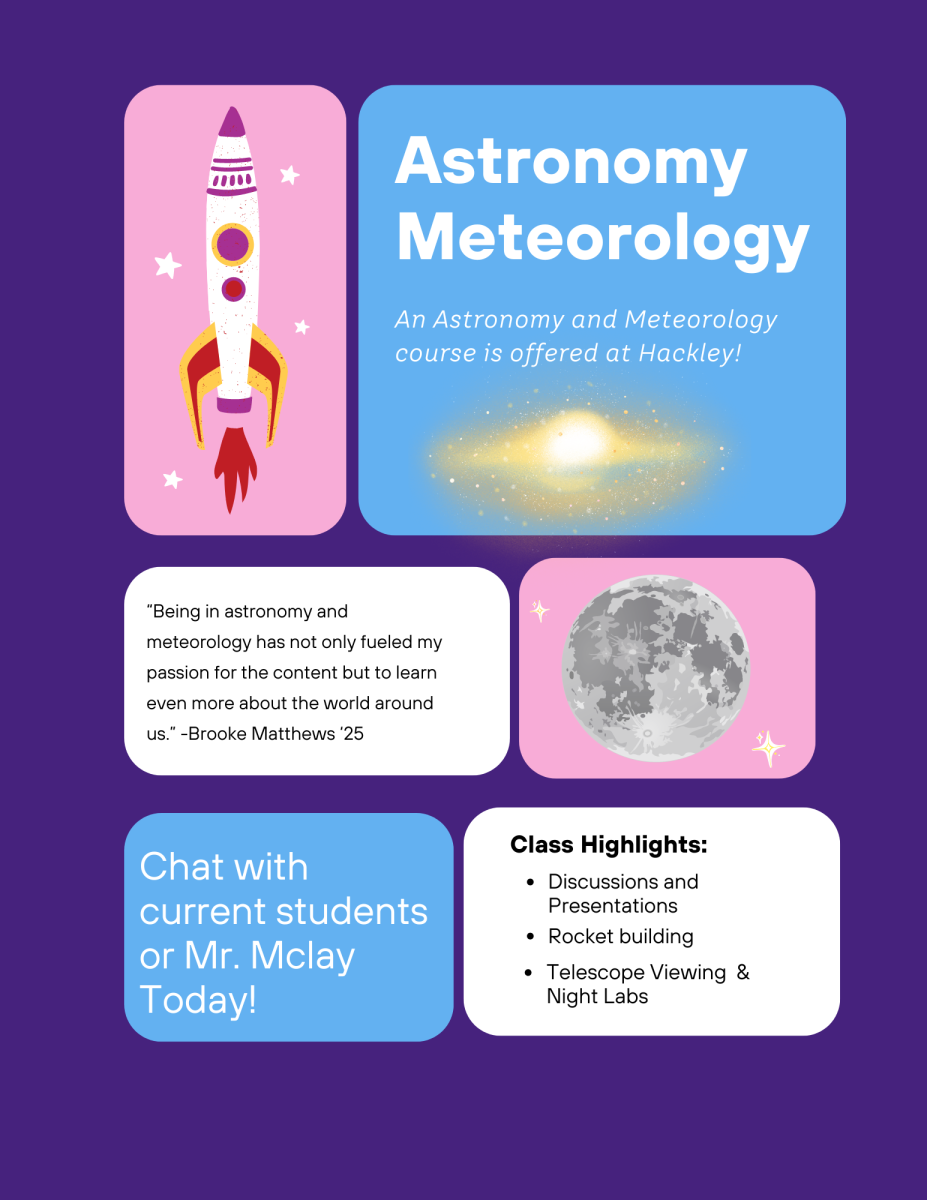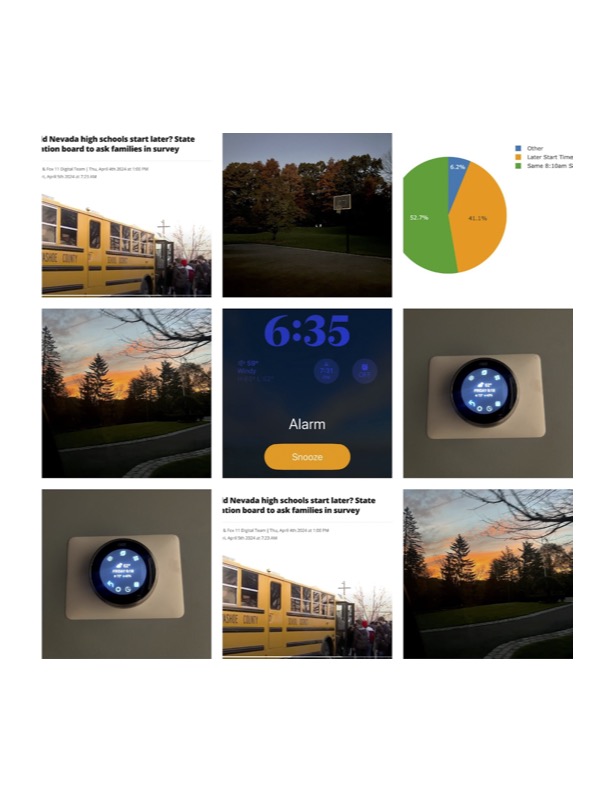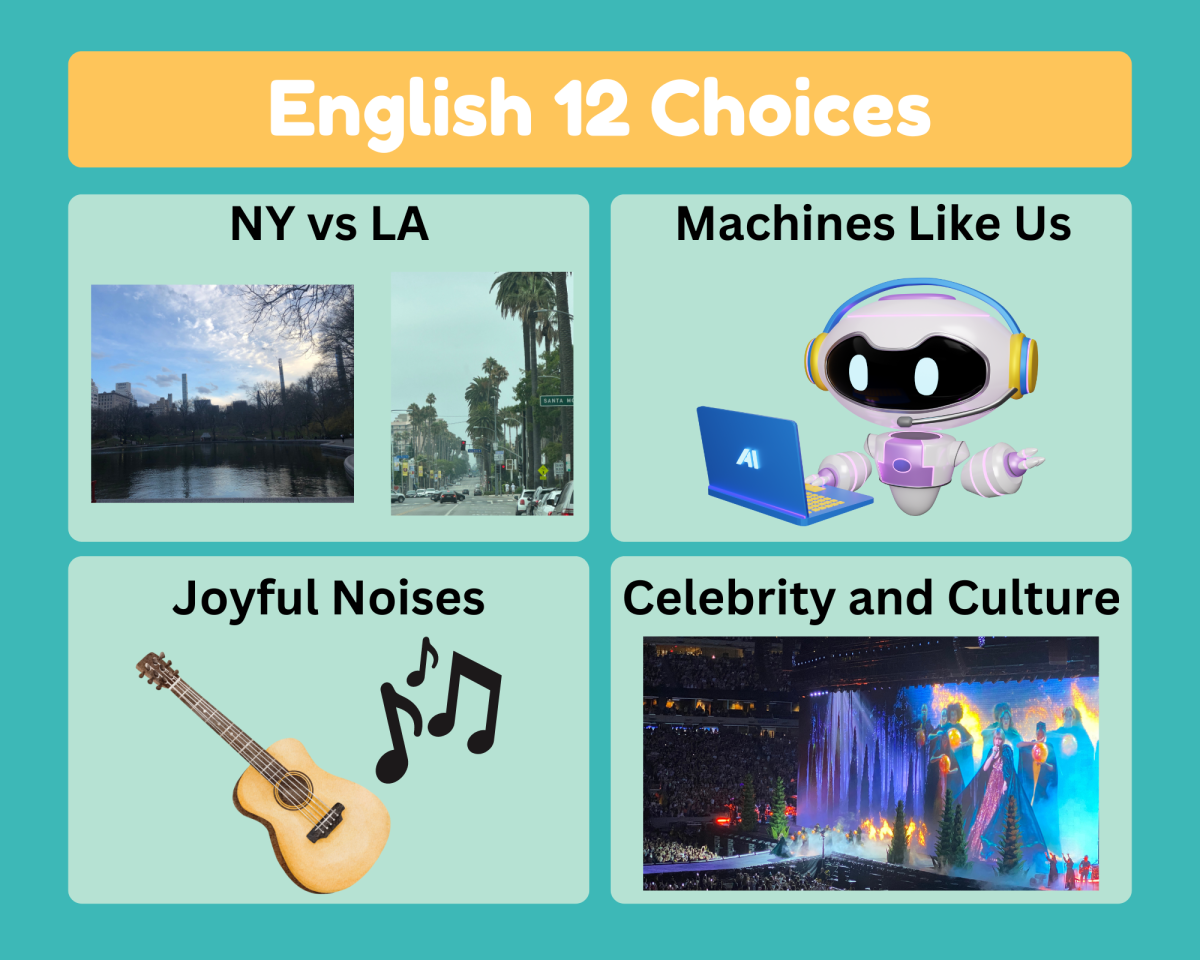I Want Watermelon gained instantaneous popularity among Hackley students, underclassmen and upperclassmen alike. The app by Lazycell Inc. is rated “Ages 4+” in the App Store and is categorized as a “relax puzzle game.” What is it about this repetitive children’s game that has the savant students of Hackley in a chokehold?
Its hook has proved to be the uncomplicated and futile nature of the game’s objective.
Game Mechanics
Users tap the screen to drop and “merge” fruits to forge a new one. In Tetris-esque style, the objective is to reach the highest level of fruit (watermelon) without stacking the fruits too high. The progression follows grape, cherry, lime, lemon, kiwi, peach, apple, dragonfruit, pineapple, coconut, and watermelon. Once the revered watermelon is achieved, it is cleared from the screen and added to a watermelon counter in the corner. As more fruits are merged, the fruits increase in size, increasing the game’s “difficulty” and gradually stacking closer to a line at the top. Once this line is surpassed, the user has lost and must restart the game.
Users must strategically place each fruit to merge them and progress towards the ultimate goal of achieving a watermelon while preserving space on their screen. While progress resets each time a round is lost, the app is programmed to record the user’s high score and cumulative watermelon count.
Elementary Appeal
A large part of the game’s appeal is the absence of advertisement unless intentionally elicited by a user. Throughout gameplay, a “shaker” button appears to users unpredictably, offering the option to watch a short ad to “shake” the fruits. Many free games available to app store users are frequently deluged with advertisements, disrupting the user’s experience with tedious and often repetitive promotional content.
“I love that there are no ads, and I particularly enjoy it because it basically takes zero brain cells,” sophomore Zion Bennett said. “It kind of reminds me of activities you have a baby do to stimulate them and help with their premature cognitive development visually.” Her peers influenced Zion to begin playing I Want Watermelon. She enjoys the absence of time limits that accommodate leisurely play and her sense of achievement when obtaining a new high score (or more watermelons).
The elements that entice Zion and keep her hooked on this game are not unique to what other players may experience, as they exemplify several deliberate techniques game developers employ to encourage engagement.
Psychology
Consistent for all video games, and as proved in a study from 1998, the cheap satisfaction of beating a previous score in a goal-directed motor task offers constant rewards for effort, triggering the brain to release endogenous dopamine in the human striatum (a neurotransmitter in the brain connected to the reward center responsible for feelings of pleasure).
The lack of an in-view clock on the game’s screen contributes to the game’s strategic “flow.” To incorporate “flow” into a video game, developers utilize the player’s tendency to lose track of time when engrossed in an enjoyable activity, and the absence of promotional interruptions and a clock contributes to trapping users in gameplay.
Other mind-trapping phenomena I Want Watermelon takes advantage of include the Ovsiankina and Zeigarnik effects. The Ovsiankina effect is the human tendency to return to unfinished tasks immediately after interruption. The Zeigarnik effect is the “state of tension” that is only resolved once a task is completed, which keeps users ensnared with the unfinished task of obtaining a watermelon. An incomplete agenda has been shown to provoke stress and keep people awake at night.
The Ascendance of Hackley’s Watermelon Addiction
“A couple of days ago, I walked into the junior hallway, and everywhere I turned, there were students playing I Want Watermelon while having a casual conversation instead of doing school work,” junior Lizzie Doherty said. “It was insane.”
Though I Want Watermelon was released in 2021, it has taken the Hilltop by force just this year, facilitating students to play this mindless mobile game via iPhone between classes, as well as via computer conceivably during class on a computer version of the app, or an identical browser version. The addictive, while basic, nature of the game provides Hackley students with a momentary escape from academic rigor.

